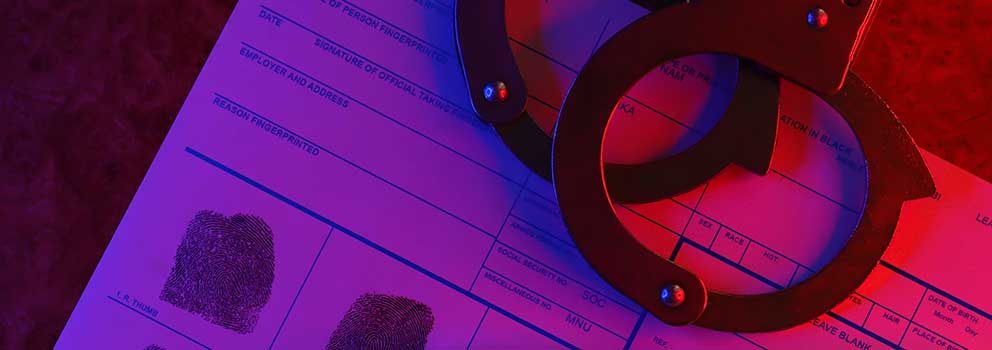
A drug charge on your record can limit job opportunities, housing options, and educational opportunities.
In some cases, South Carolina law allows for expungement, meaning your arrest or conviction is erased from public record. If you qualify, expungement can give you a fresh start—but the process can be complex. At Chambers Law, we help clients clear their records and move forward.
Call 843-449-0420 today for a free consultation.
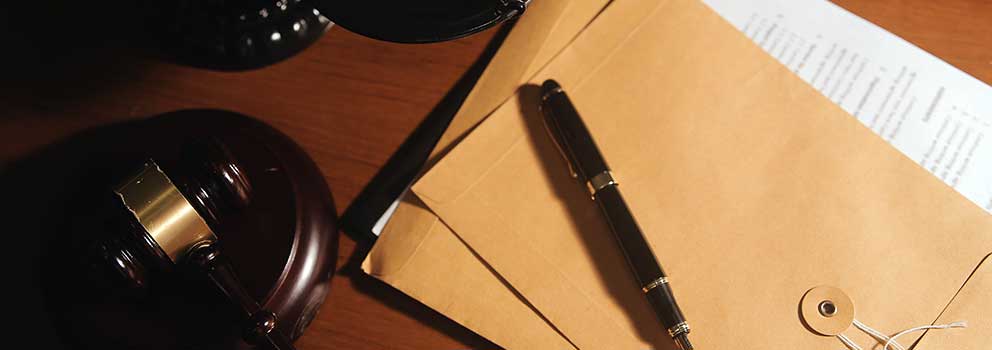
What Is Expungement?
Expungement is a legal process that removes an arrest or conviction from your criminal record. Once expunged:
- The charge no longer appears on background checks
- You are legally allowed to say the offense never happened
- It is sealed from public view, including from employers and landlords
However, not all drug offenses qualify for expungement. South Carolina law has strict rules on which charges can be cleared and when.
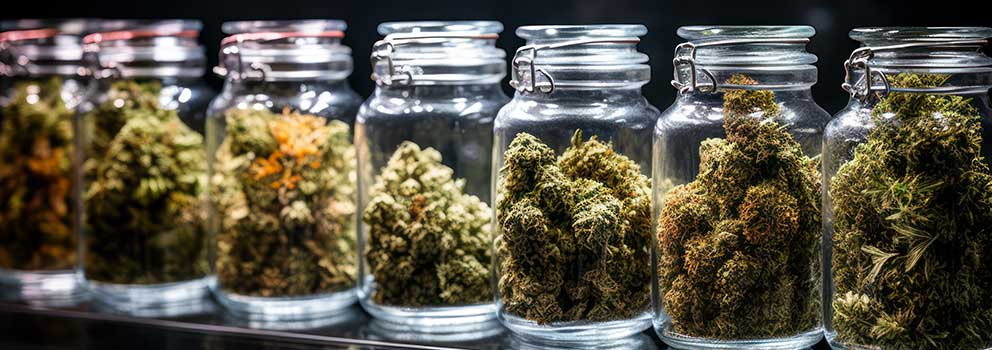
Which Drug Crimes Can Be Expunged?
Drug-related charges that may be eligible for expungement include:
- Dismissed or Not Guilty Charges: If your drug case was dismissed, dropped, or resulted in an acquittal, you can apply for immediate expungement.
- First-Time Simple Possession: If convicted of first-time simple possession of marijuana, cocaine, or another drug, you may qualify for expungement after completing a diversion program or waiting period.
- Conditional Discharge Cases: If you completed a Conditional Discharge Program, your charge can be expunged after fulfilling all court requirements.
- Pre-Trial Intervention (PTI) Cases: Successful completion of PTI (available for first-time, low-level drug offenses) results in automatic expungement.
- Youthful Offender Act (YOA) Convictions: If you were convicted of a drug crime under age 25, you may be eligible for expungement after completing your sentence.
Unfortunately, serious drug offenses like trafficking, distribution, and repeat possession convictions cannot be expunged under South Carolina law.

How Long Does Expungement Take
The expungement process varies depending on the charge:
- Dismissed charges: Immediate eligibility
- First-time simple possession: 3-year waiting period with no additional convictions
- Youthful Offender Act (YOA) cases: 5-year waiting period after sentence completion
- Pre-Trial Intervention (PTI) & Conditional Discharge: Automatic upon successful completion
The process typically takes several months once the expungement request is filed.
The Expungement Process
Expunging a drug charge requires multiple legal steps:
- Determine eligibility – We review your case to confirm if you qualify.
- Gather court records – We obtain documents needed for your expungement petition.
- File the application – We submit the required paperwork to the Solicitor’s Office, the Clerk of Court, and the South Carolina Law Enforcement Division (SLED).
- Await review and approval – The court processes your request, which can take up to six months.
- Receive expungement confirmation – Once granted, the charge is removed from your record.
Our firm handles the entire process for you, ensuring no mistakes or delays.
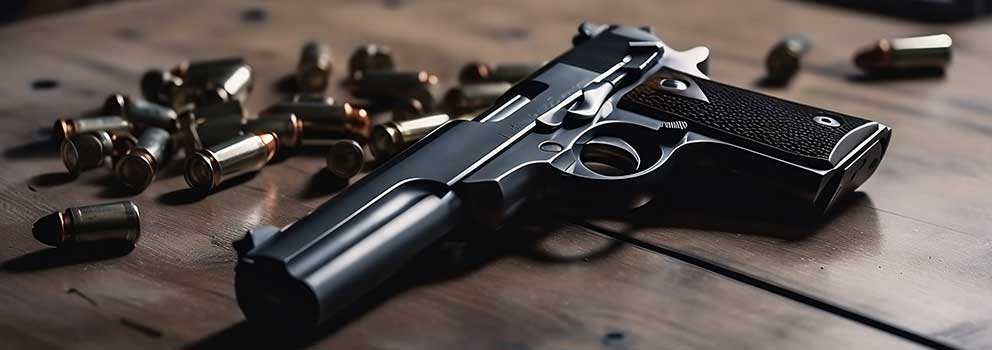
Can I Own a Firearm After Expungement?
In most cases, yes. If your charge was a misdemeanor simple possession, expungement restores your firearm rights. However, felony drug convictions and certain domestic violence charges may still restrict firearm ownership, even if expunged.
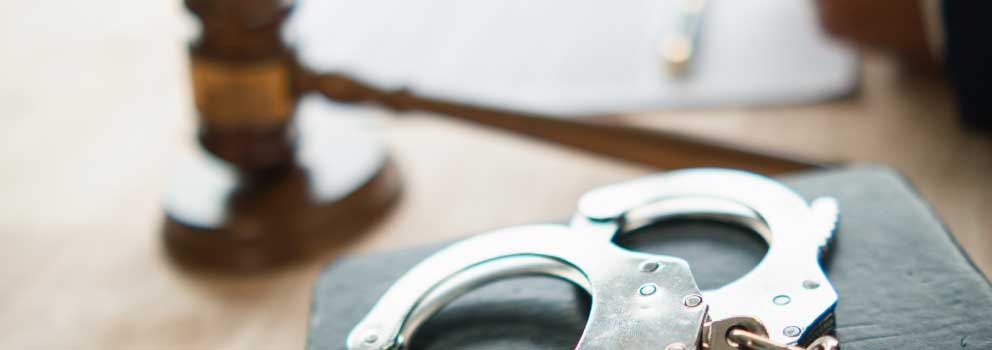
Why Expungement Matters
Even a minor drug offense can create barriers in life. Expungement can help by:
- Restoring job eligibility – Employers run background checks, and a drug charge can disqualify you.
- Improving housing opportunities – Landlords often deny applications based on criminal history.
- Allowing for financial aid – Drug convictions can impact student loan eligibility.
- Protecting your reputation – Expungement prevents future employers, landlords, and others from seeing the charge.
With an expungement, you no longer have to disclose the charge on applications.

